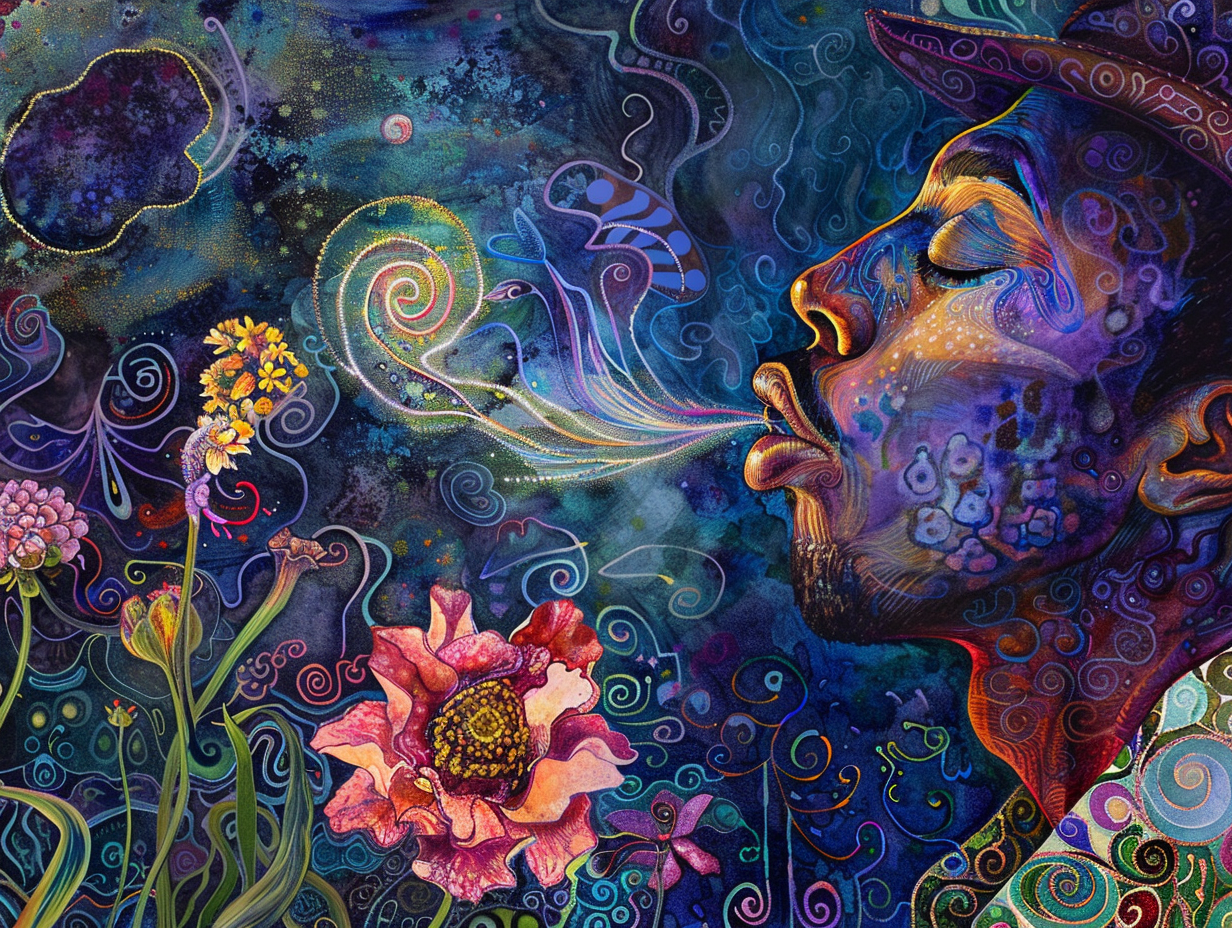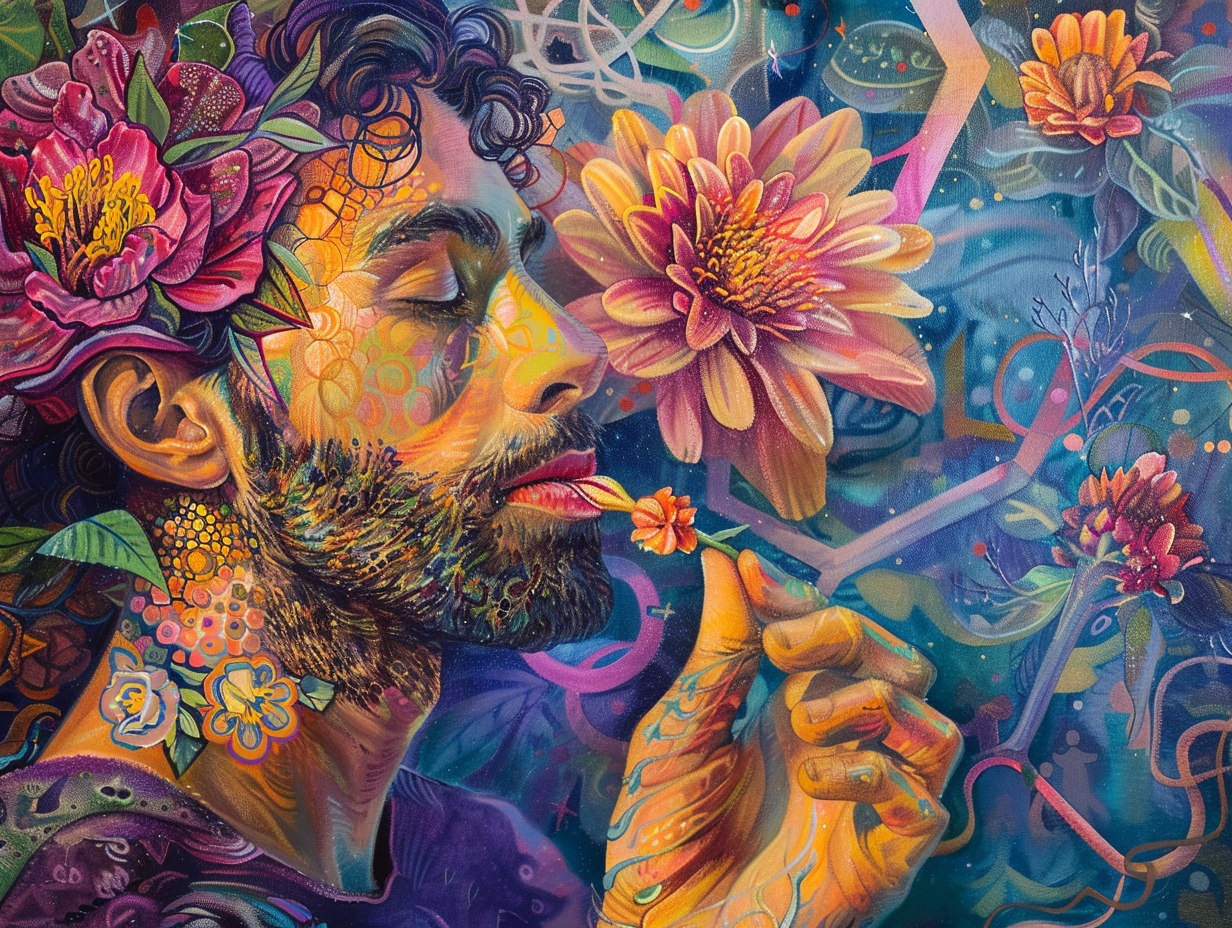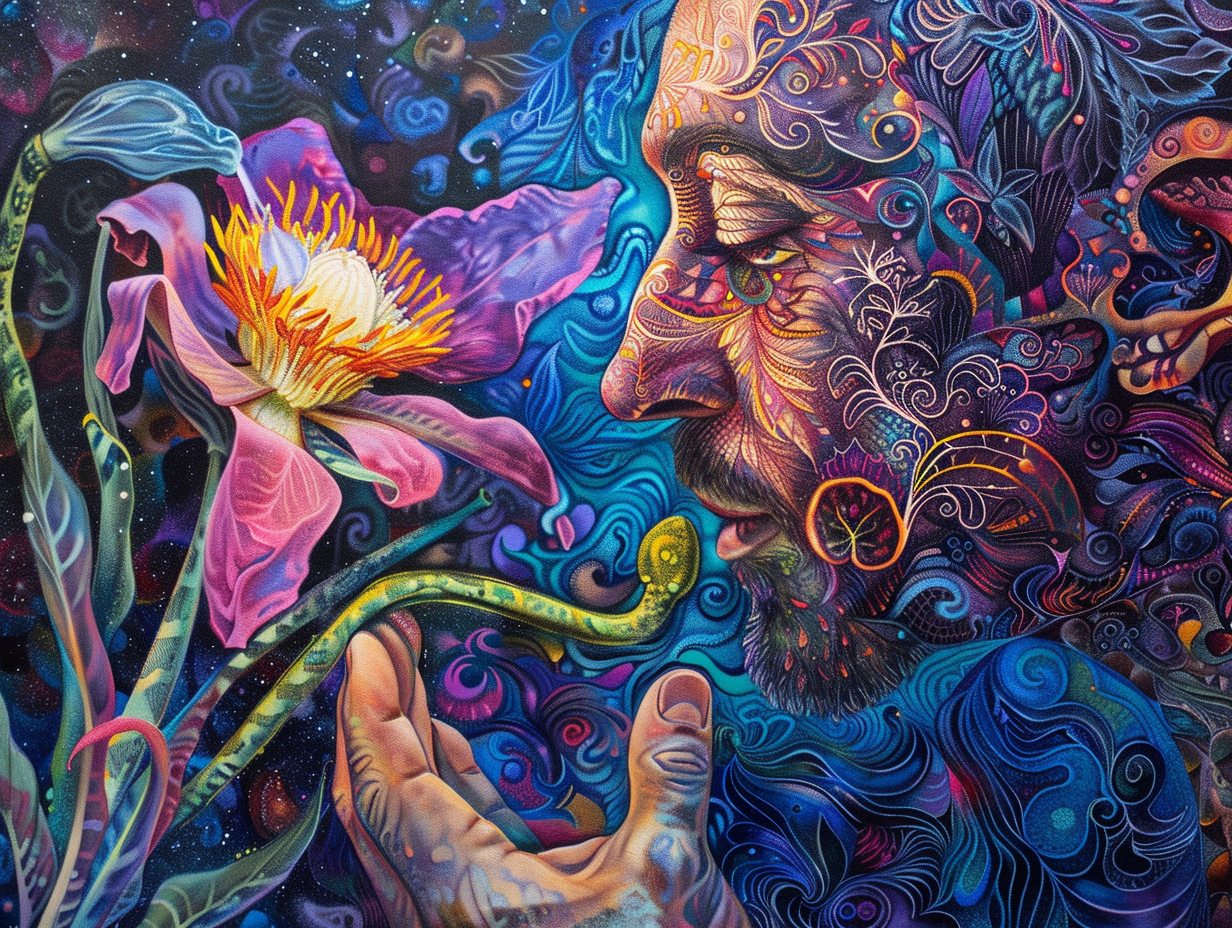When Healing Overwhelms: A Gentle Guide for Sensitive People (part 1 of 4)

The Power and the Paradox
In recent years, practices like plant medicine, hallucinogens, meditation, breathwork, certain therapeutic modalities, and neo-tantric work have exploded in popularity. Many have found them transformative—offering breakthroughs, deep healing, even spiritual awakenings.
These tools can be invaluable. But like any powerful method, they also carry risks—especially for some individuals.
This isn’t a critique. It’s an invitation to nuance.
There are upsides and downsides to almost everything in life. Healing practices are no exception. For some people, these experiences can be destabilizing—even harmful.
Who might be more vulnerable?
People with PTSD, complex trauma, or early attachment wounds. Empaths. Highly sensitive individuals. Those who are energetically open, emotionally unstable, or who feel unsafe in their bodies or environments. People with a history of schizophrenia, psychosis, bipolar disorder, or dissociation. In short: anyone whose nervous system is already stretched thin.
And yet—these are often the very people drawn to such practices. They long to heal. And sometimes, it works beautifully.
But not always. Some find themselves worse off, caught in a kind of psychological whiplash they weren’t prepared for.
We also need to acknowledge that many of these practices have cultural roots. They belong to sacred traditions. Engaging with them calls for respect, context, and humility. These aren’t just tools. They are inheritances.
Used wisely, these methods can be profound. But they are not one-size-fits-all.
In Part 2, we’ll explore why some people may be more vulnerable to unintended consequences—and how to recognize red flags before stepping in.
Related Resources
Explore insights and practical guidance for your personal journey.




